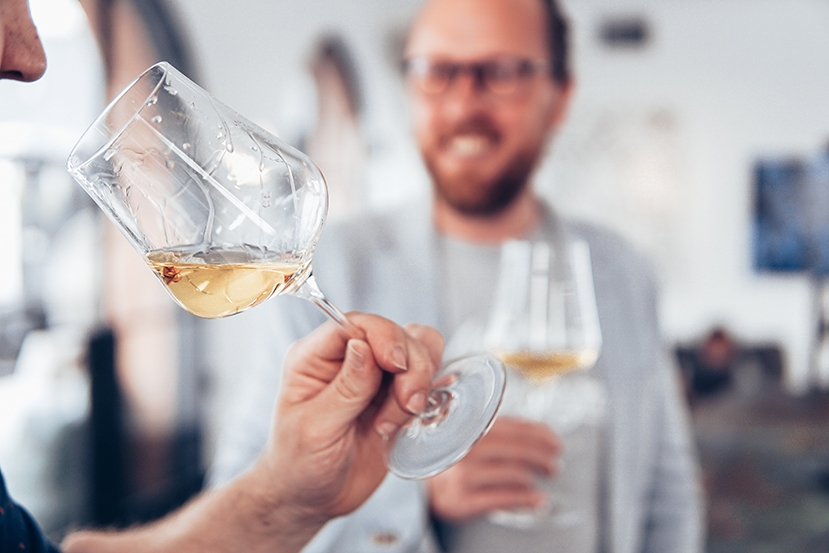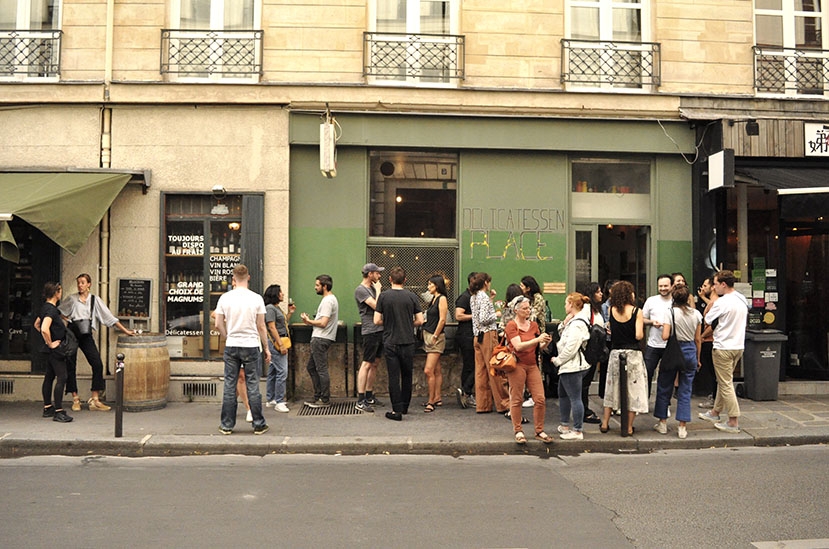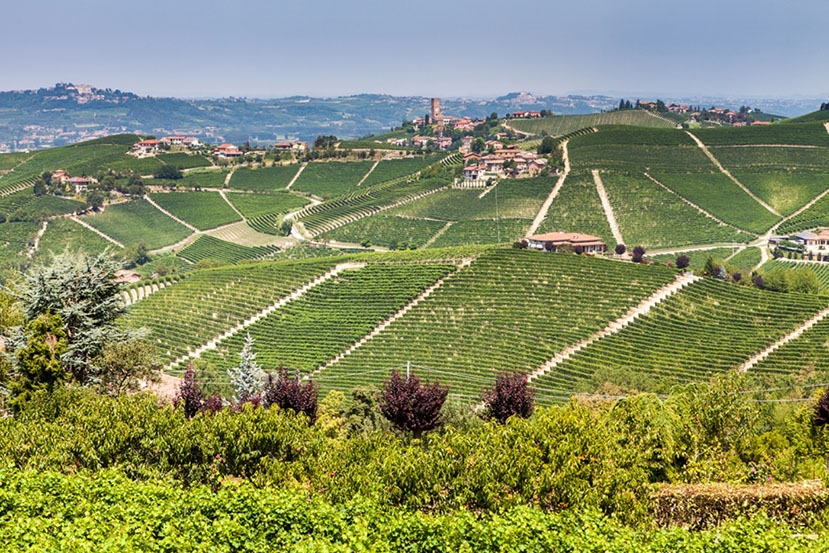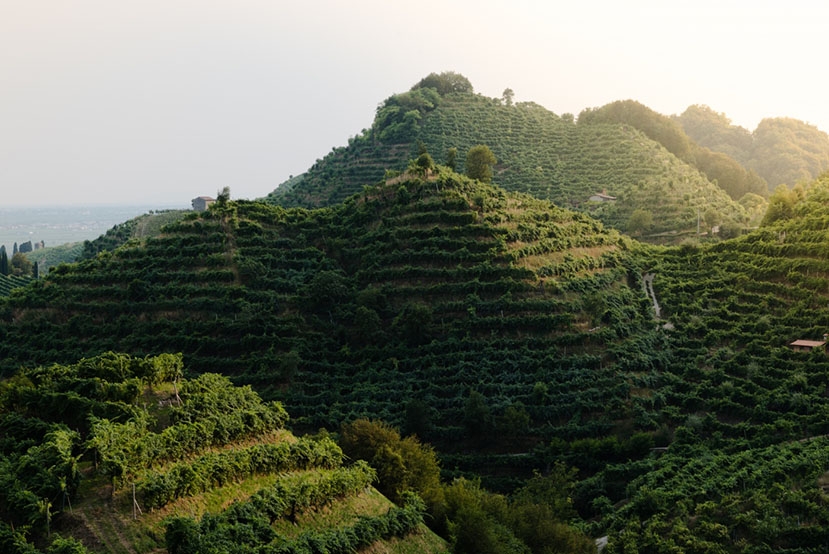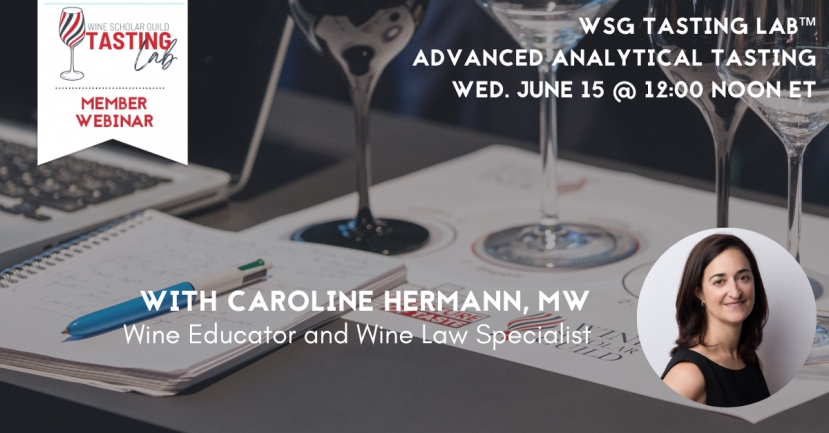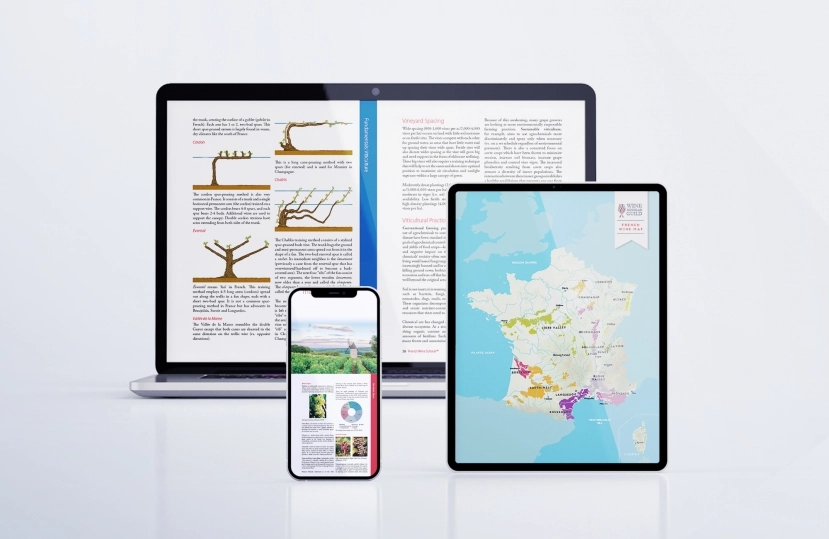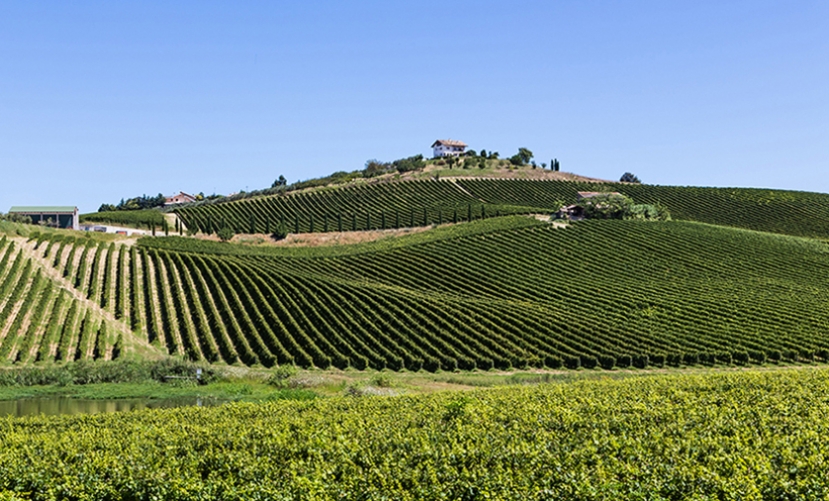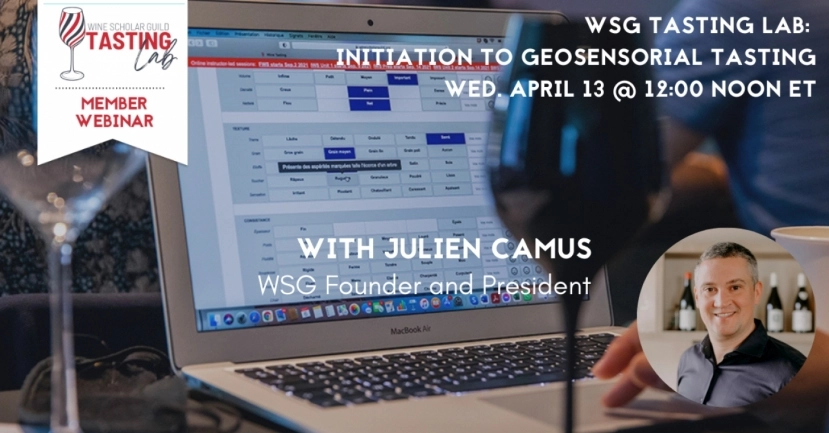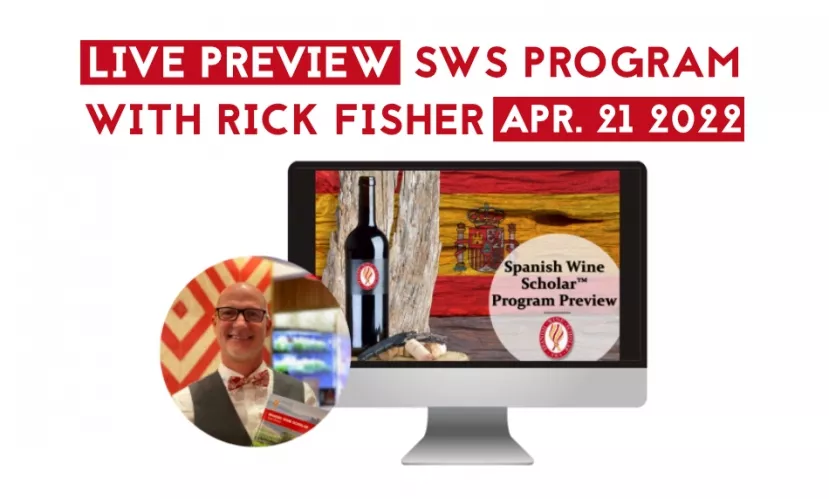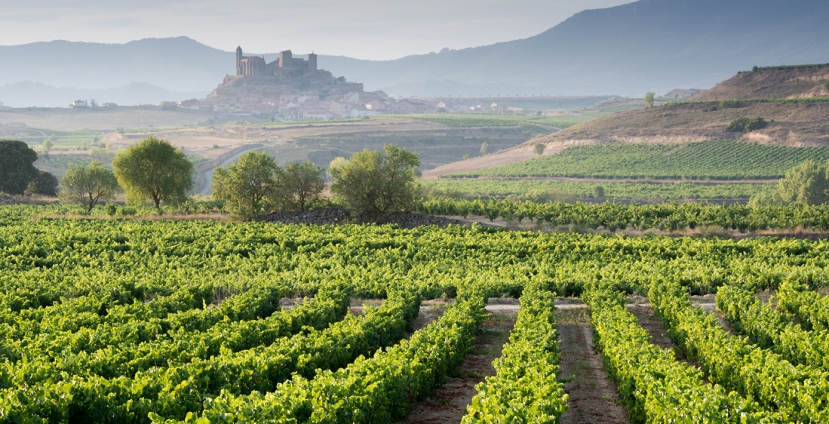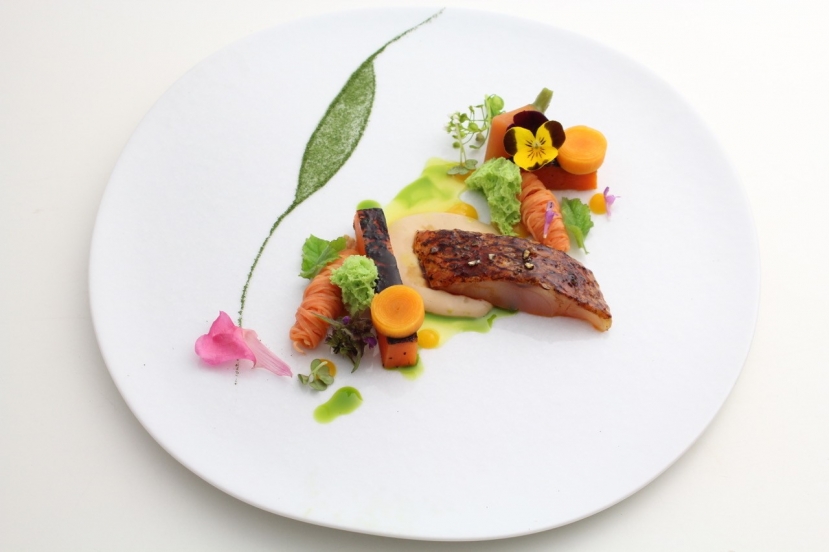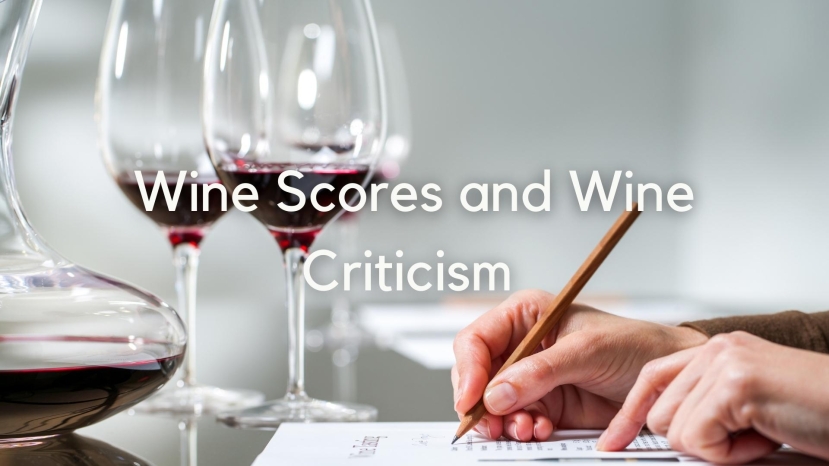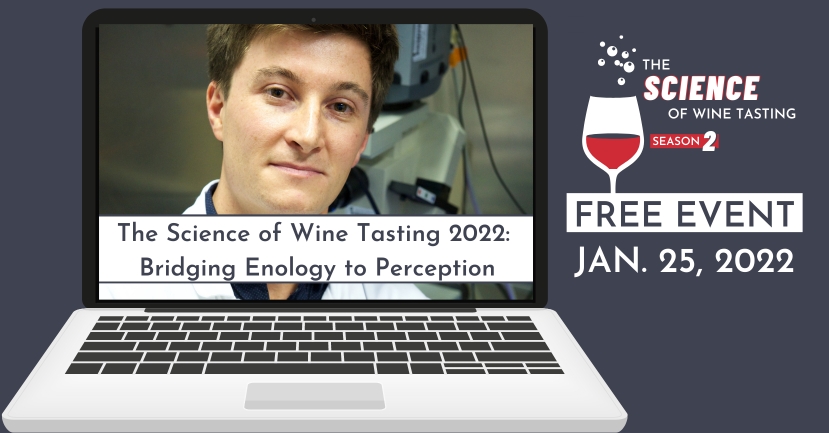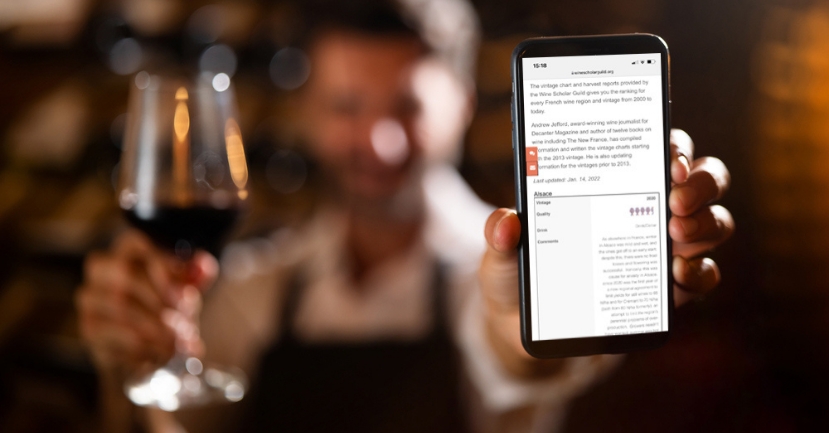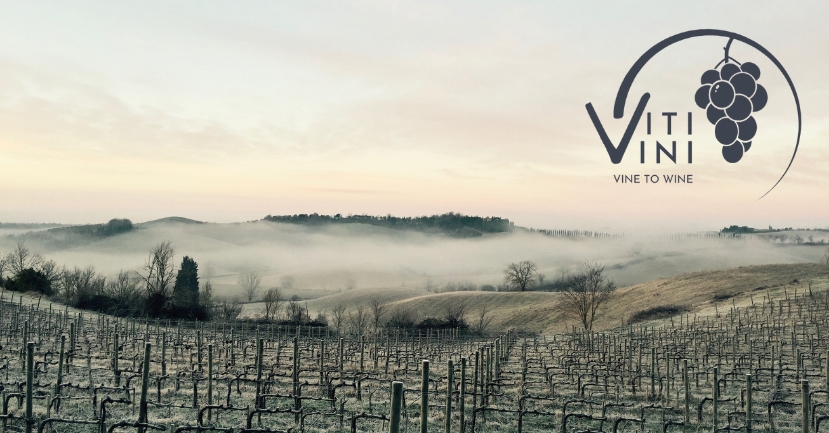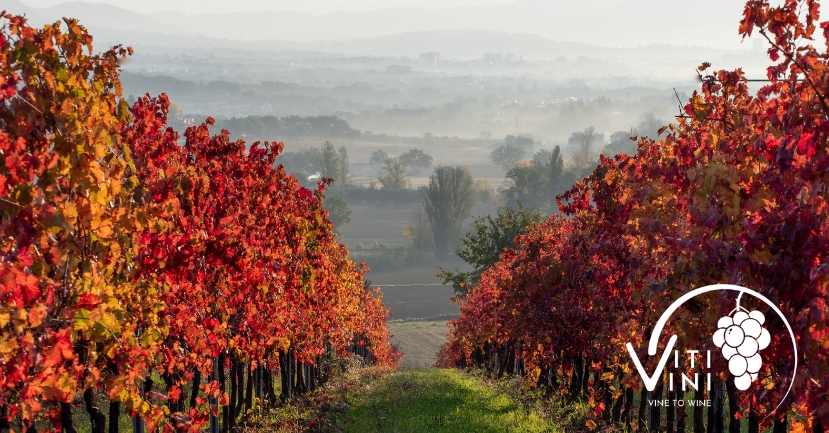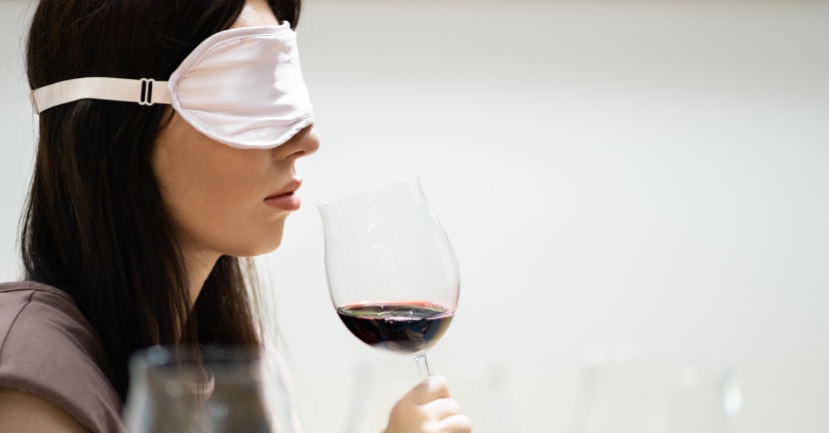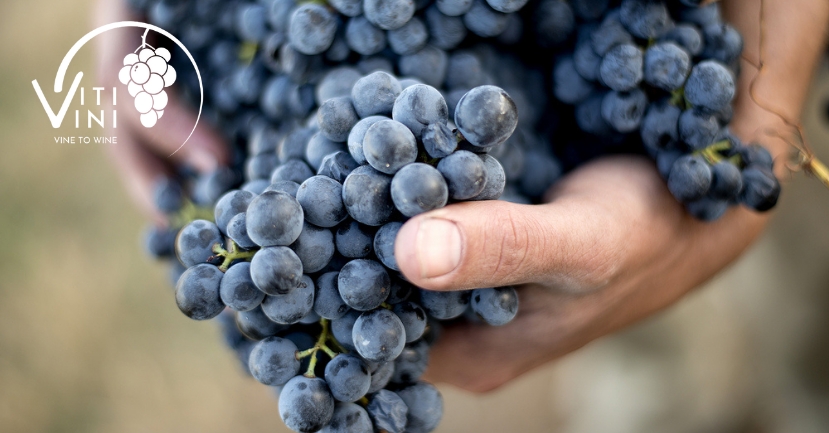BLOG
Blog
Pamela Kindel Connors
Wine Culture
A lot of hard work goes into investing in your wine career and equally important is making sure that you have developed the right interpersonal skills or what is more commonly referred to as “people skills".
Pamela Kindel Connors
Wine Culture
Following the WSG webinar series “Navigating a Career in Wine & Spirits”, it seems like an appropriate time to dive in a little deeper on some of the topics covered. Most would agree that there is no greater investment than the investment you make in yourself!
Harriett Gifford
Tasting & Trends
The term natural wine conjures a plethora of reactions. To some it symbolizes a cultural movement towards honest winemaking, to others it is merely a fad for funky wines. The term is as vague as it is vast. There are some who believe natural should refer only to zero-zero wines (wines that have no...
Joshua Dunning
Tasting & Trends
Post–World War II, global wine production underwent a rapid and profound transformation. New developments in wine science from Montpellier, Geisenheim, and Bordeaux helped clean up wine,
Richard Baudains
Viticulture Insights
This short article is a follow up to my webinar for WSG of 7th June, 2022. It is primarily a reference piece which aims to give more detailed information than the power point format allows. It includes full listings of the Rive sub-zones, terroir areas identified in studies of the Conegliano...
Valentine Touzeau
Latest News
This wine has high acidity, medium alcohol with medium body, and aromas of lemon, lime, and wet stones. Sound familiar? Wine tasting notes can appear strikingly similar on paper, especially when tasting a suite of comparable wines. But, as a taster, how can you differentiate them? Do we learn...
Valentine Touzeau
Latest News
It's official! We have launched the 7th version of the French Wine Scholar® program! The updated study manual, state-of-the-art e-learning modules, and instructor resources have been carefully enhanced to create the most current program on the wines of France. This newest version is the product of...
Valentine Touzeau
Latest News
The wine and spirits industry offers some of the most amazing opportunities in the job market. In fact, it has often been said that this particular career path is also a lifestyle. Do you have the personality and skill set to find success within this field? Find out! Join Pam Kindel Connors of...
Tom Hyland
Regional Spotlight
For much of the wine history of Abruzzo, large cooperatives established a perception that the region’s wines were pleasant and technically correct, but offered little in the way of excellence. Today, the image of Abruzzese wine has taken on a new light, as dozens of smaller producers are crafting...
Valentine Touzeau
Latest News
On April 13, WSG members, alumni and school network had the chance to discover WSG Tasting Lab®. This revolutionary way of tasting wine uses two distinct tasting grids and a lexicon created by WSG and wine industry experts that focus on a wine’s mouthfeel, texture and shape and how these elements...
Pierre Freyermuth
Latest News
Watch the Preview of the Spanish Wine Scholar Program, with Rick Fisher, Spanish Programs Director
Rick Fisher
Regional Spotlight
Bordeaux. Burgundy. Barolo. Rioja. Just the mere mention of any one of these wine regions conjures images of the world’s best wines all sharing the ability to age for decades. The wines of Rioja have earned their place amongst this elite group; and whilst consumer tastes may swing like a clock’s...
Essi Avellan MW
Tasting & Trends
Most wine lovers live to eat, so at best wine tourism is also a gastrotourism. The restaurant scene is Champagne is not quite as bubbly as the name suggests, but thanks to champagne houses’ entertaining and champagne tourism, the region has many fine restaurants: L’Assiette Champenois with three...
Pierre Freyermuth
Latest News
Did you enjoy reading our Great Debate blog on The Language of Wine, Tasting Notes & Scores with Andrew Jefford and Dr. William Kelley? If so, now it is your chance to HAVE YOUR SAY with our two debaters. We are following up their written debate with a live one airing on Wednesday, February 23,...
Pierre Freyermuth
Latest News
Wine tasting is an unique perceptual experience which endeavors to unify the numerous molecules present in the wine (and the elements around the wine) into an meaningful representation in our mind. Wine tasting often focuses on the object of the experience, that is to say the wine and its...
Andrew Jefford
Tasting & Trends
The vintage chart and harvest reports provided by the Wine Scholar Guild gives you the ranking for every French wine region and vintage from 2000 to today.Andrew Jefford, award-winning author and columnist in every issue of Decanter and World of Fine Wine, Co-Chair Decanter World Wine Awards;...
Nova Cadamatre MW
Viticulture Insights
Finally, we have reached the end of the winemaking year. In the vineyard, soil health is a common topic of discussion now that the vines are dormant. This is a great time to dig soil pits and send samples off to discover more about the composition of the soil layers around the root system of the...
Nova Cadamatre MW
Viticulture Insights
At the start of November, areas with long growing seasons are still wrapping up harvest, but most wineries in the northern hemisphere have brought their grapes into the winery. An exception to this rule is any fruit being left out for ice wine production. Ice Wine ProductionGrapes destined for ice...
Gabriel Lepousez
Wine Education & Careers
This article is the first of an upcoming series by French neuroscientist Gabriel Lepousez. Gabriel is part of the Scientific Committee formed by WSG in the context of its "Architecture of Taste Research Project". He has also presented a fascinating segment on "The Neuroscience of Wine Tasting" as...
Nova Cadamatre MW
Viticulture Insights
In October, most areas of the northern hemisphere are in harvest and going full out! Many white varieties finish in early October. Although some reds (particularly early-ripening Pinot Noir) may have started harvest in September, generally, October is the month when most red varieties are picked....

